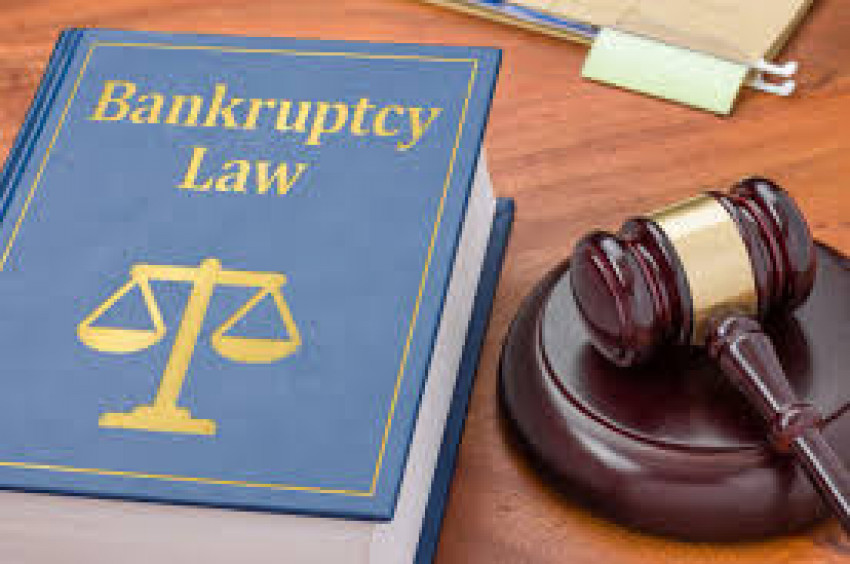
Chapter 13 is the second most popular form of bankruptcy, yet many people have unpopular opinions about it. Most people struggling with debt and finances want to file Chapter 7, but then they turn to Chapter 13 when their application is rejected. Chapter 13 bankruptcy is indeed more time consuming than Chapter 7, but it offers a distinct set of advantages. Your unique financial circumstances determine that what type of bankruptcy is most suitable for you. The number of Chapter 13 filings has increased over the years as more and more people have gained awareness of how it works.
Bankruptcy Attorney in New Hyde Park, NY, has helped many clients regain financial stability through Chapter 13, thus it may help you too. Now let us clear up some common misconceptions about Chapter 13 bankruptcy, so you are able to make an informed decision.
1. Chapter 13 does not offer any Debt Discharge
The primary reason why so many people lean towards Chapter 7 is that it offers substantial debt discharge. However, it is important to note that Chapter 7 can only erase unsecured debt; if most of your debt is secured then the benefit of it shall be limited. It is true that Chapter 13 does not discharge debt like the former, but it does provide considerable concession. In most cases, you can get out of paying interest, late fees, and other penalties. Depending on your financial conditions, your bankruptcy trustee will assist in negotiating with creditors to agree upon taking a percentage of what you owe them.
2. Only unemployed or low income individuals qualify
This statement is in fact contrary to the truth. Unlike Chapter 7, Chapter 13 does not have a means test that determines if you are eligible. Chapter 13 is a reorganizational bankruptcy, which means you need to have to follow a payment plan to compensate creditors; a steady income is compulsory to fulfill this agenda. There is no income limit for filing Chapter 13, which is why people who don’t qualify for Chapter 7 because of high earnings can apply.
3. This is a liquidation bankruptcy
Chapter 7 is a liquidation bankruptcy, whereas Chapter 13 is a reorganizational bankruptcy. When you file for Chapter 7, the bankruptcy trustee has the authority to seize your non-exempt assets and sell them to compensate debt collectors. Chapter 13 allows you to hold onto all kinds of assets, as long as you abide by the repayment plan approved by your trustee and creditors. If you are on the verge of losing your house and other valuable property, Chapter 13 can buy you enough time to catch on missed payments.
4. You lose control of your life for 5 years
It is said that you have to live frugally after filing Chapter 13, as you will remain under strict observation of the bankruptcy court. What you need to understand is that some lifestyle changes are unavoidable when dealing with huge amounts of debt, but that doesn’t mean you’ll lose your freedom. The bankruptcy court or law enforcement will not interfere in your life, as long as you keep up with the payment plan. Chapter 13 usually lasts 3-5 years; the duration depends upon how fast you can pay off your debts.
5. It is the most convoluted form of bankruptcy
Bankruptcy in any form is complicated, so it would be unfair to say that one is better than the other. Most people consider filing bankruptcy as the last resort to resolving financial issues. Whether you file for Chapter 7, 13, or some other bankruptcy, there are consequences. You credit score will fall in any case and the bankruptcy stays on your credit report for up to ten years. It is difficult to attain a new loan right after filing bankruptcy, but it gets better as your credit score improves. Chapter 13, being a reorganizational bankruptcy can train you to manage finances in a better way and quickly rebuild your credit.


